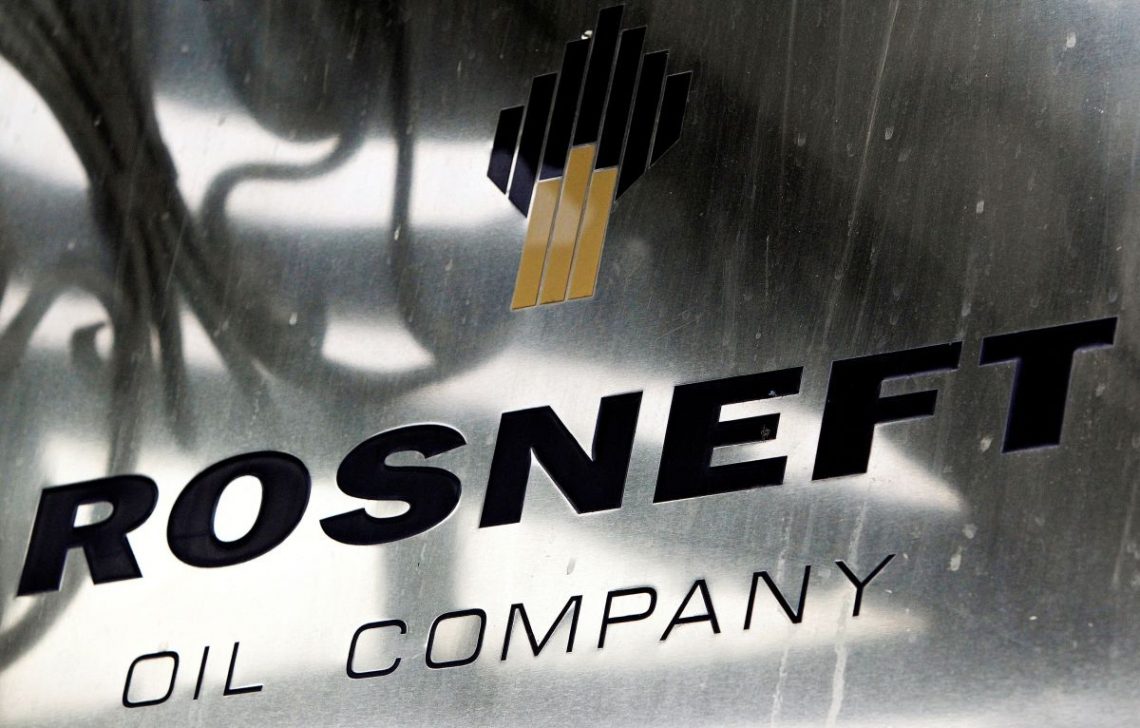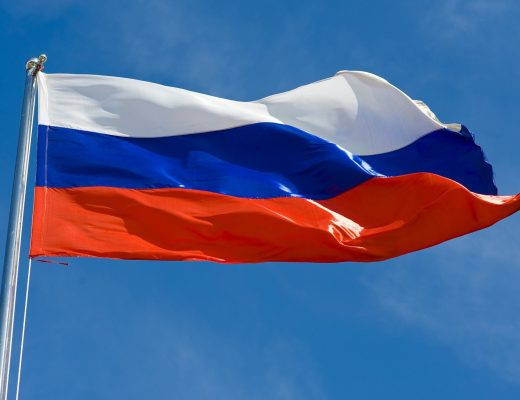What are the threats of US sanctions against Rosneft Trading
Rosneft Trading is a subsidiary of Rosneft Corporation, which is registered in Switzerland. It was included by the U.S. government in the SDN sanctions list because of its activities on the Venezuelan market. Interestingly, Rosneft itself did not fall under restrictions from Washington.
Sanctions in the SDN category are the most stringent, they involve blocking assets and prohibiting cooperation with U.S. companies. However, in this case the restrictions risk affecting the partners of Rosneft Trading. According to the rules of the sanctions program against Venezuela, the ban falls on persons and companies in any jurisdiction that cooperate with the SDN. This means that the sanctions imposed on Rosneft’s subsidiary will also affect its partners in Europe and Asia.
According to U.S. requirements, individuals and legal entities that conduct business with Rosneft Trading must complete all professional relationships by May of this year, existing contracts and agreements must be fulfilled, but it is prohibited to enter into new transactions.
Didier Casimiro, president of Rosneft Trading, a Belgian citizen, was sanctioned by SDN. Other top managers are not yet subject to restrictions, although the U.S. Treasury Department has warned the vice president and CEO that if they continue working for the company, they also have the risk of being included in the list.
Rosneft Trading was established and registered in Geneva in 2011. Its sphere of activity is conducting foreign projects of the Russian oil producing corporation. According to official data, last year Rosneft exported 68 million barrels of oil through international trading. This figure includes both Rosneft Trading and other subsidiaries. According to Forbes, the Swiss intermediary took the 3rd position in terms of the size of purchases of Russian fuel, having concluded transactions for $12.5 billion.

The scope of Rosneft Trading includes not only business with Venezuelan oil traders, the company also purchases raw materials from Iraq, together with Thailand supplies to various countries and exports liquefied gas to Egypt.
Although the sanctions did not apply to Rosneft, the corporations have already stated that the restrictions of their subsidiary are not legal. The main argument for this is the lack of any evidence from the U.S. that Rosneft Trading has violated its policy of doing business with Venezuela. The company’s operations in this country were carried out according to contracts that were drawn up before the sanctions from Washington.
According to experts, the SDN list imposes restrictions on Rosneft Trading business not only in Venezuela, but also affects the execution of transactions concluded with oil producers from Europe, India and other countries.










